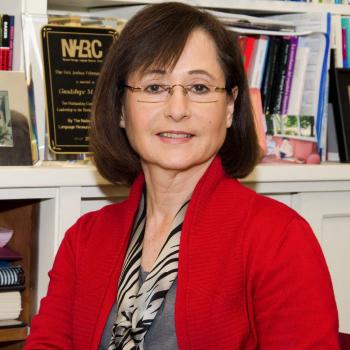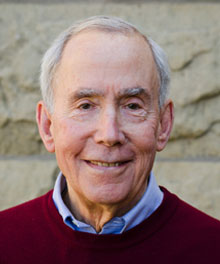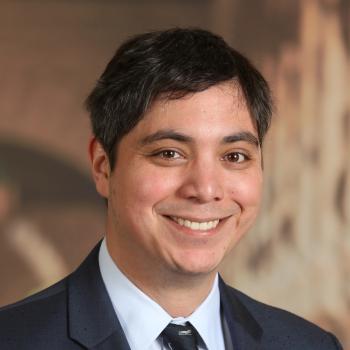
Past event highlights
2021 Cubberley Lecture: Gloria Ladson-Billings

Education and Democracy
An evening with Gloria Ladson-Billings, PhD ’84
President, National Academy of Education
Keynote followed by a conversation moderated by
Guadalupe Valdés
Bonnie Katz Tenenbaum Professor of Education
With panelists
Tom Ehrlich
Adjunct Professor, Graduate School of Education
and
Antero Garcia
Assistant Professor, Graduate School of Education
Article by Carrie Spector, "Educators must resist a return to 'normal,' urges scholar and activist Gloria Ladson-Billings"
Civics is more than voting and writing to your representative. It’s about understanding, participating, and shaping a democracy. Schools and universities are a central place for developing the skills and knowledge necessary for civic engagement. What role do educators and parents play in building an informed and inspired electorate? How can we elevate and encourage a rising core of young people to use their voices for change? Join us for an evening of learning and conversation with four education visionaries who think deeply about these important and timely questions.
Gloria Ladson-Billings, an early proponent of critical race theory and culturally relevant pedagogy, is both a scholar and an activist, exemplifying the meaning of the term public intellectual. She is internationally recognized for her significant contributions to our understanding of the obstacles confronting all students of color. The 2005–2006 president of the American Educational Research Association, Ladson-Billings’ scholarship examines the practices of teachers who are successful with African American students. She is Professor Emerita, Department of Curriculum and Instruction at the University of Wisconsin, a member of the American Academy of Arts and Sciences, and current president of the National Academy of Education. Ladson-Billings received her doctorate at Stanford Graduate School of Education.

Guadalupe Valdés, Bonnie Katz Tenenbaum Professor of Education, specializes in language teaching and applied linguistics. Her scholarship has focused on the English-Spanish bilingualism of Latinos in the United States and on discovering and describing how two languages are developed, used, and maintained by individuals who become bilingual in immigrant communities. Her book Con respeto: Bridging the distances between culturally diverse parents and schools: An ethnographic portrait describes how Mexican immigrant families go about the business of surviving and learning to succeed in a new world.

Tom Ehrlich, Adjunct Professor, previously served as president of Indiana University, provost of the University of Pennsylvania, and dean of Stanford Law School. He served in the federal government during the administrations of six presidents and is author, co-author, or editor of 14 books including Educating for Democracy: Preparing Undergraduates for Lives of Responsible Political Engagement; and Civic Work, Civic Lessons: Two Generations Reflect on Public Service, with Ernestine Fu.

Antero Garcia, Assistant Professor, studies how technology and gaming shape youth learning, literacy practices, and civic identities. Garcia began his career as an English teacher at a public high school in South Central Los Angeles. Books, articles, and op-eds he has co-authored and authored explore civic participation, media use, and gaming in urban high schools. They include Writing Toward Justice: Youth Speculative Civic Literacies in Online Policy Discourse and The Politics of Reading, Agency, and Participation.
